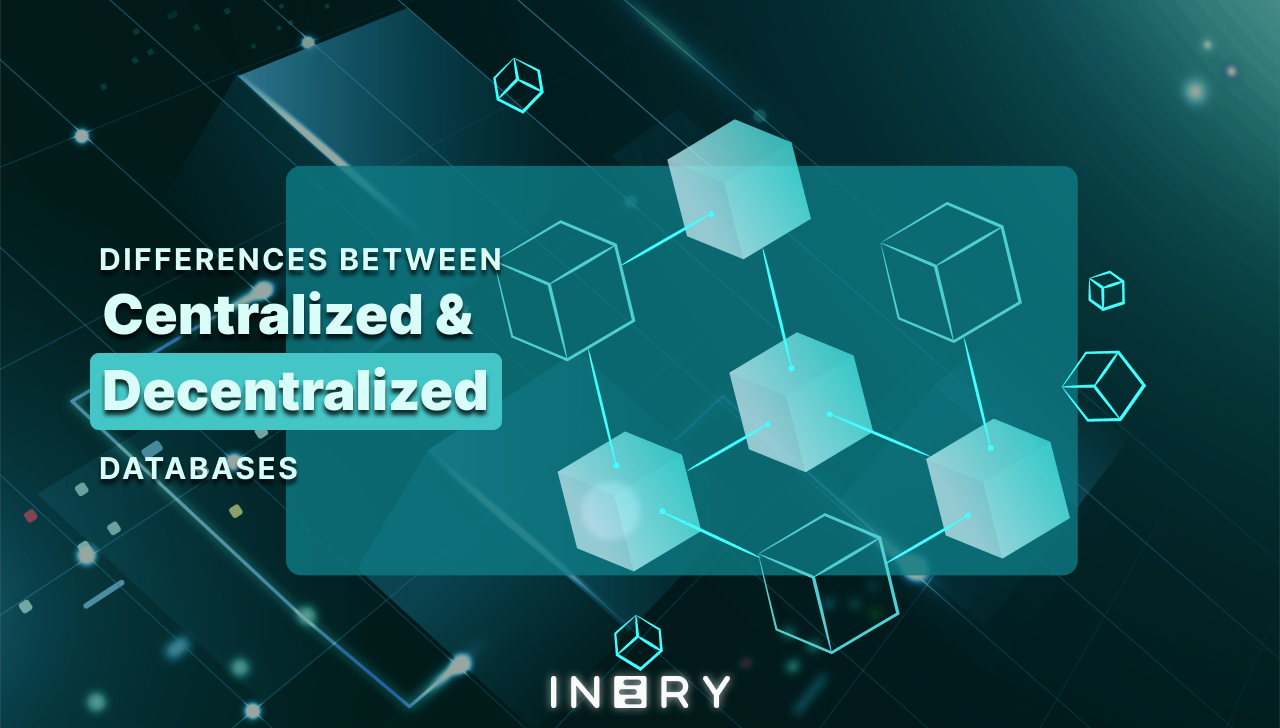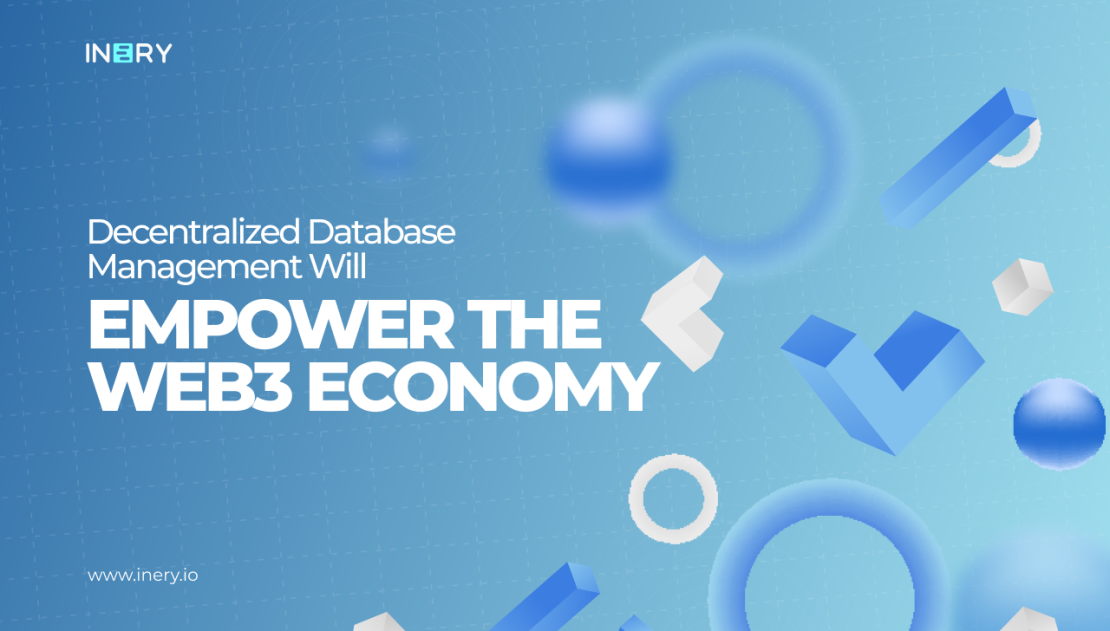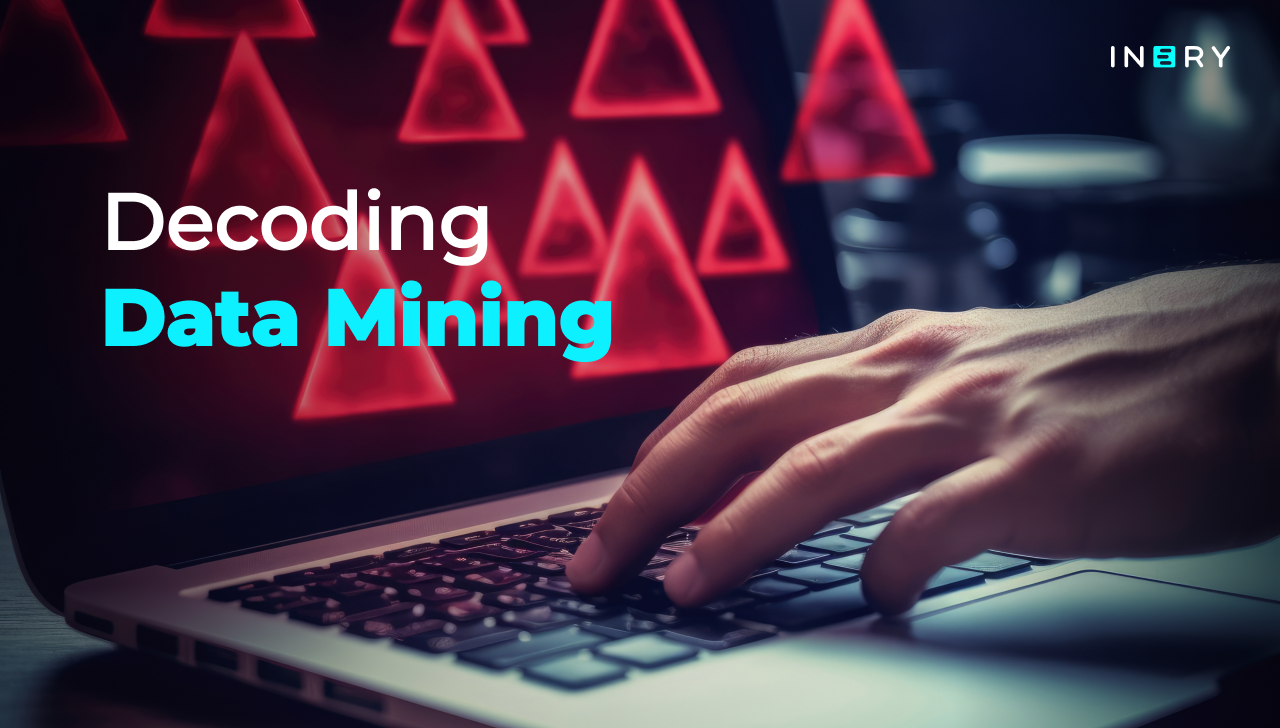Data is the “new oil” with revenues exceeding $1 trillion annually. It interacts with almost every aspect of our lives. From our personal identities and financial information to the most confidential data of organizations — it remains the most valuable as well as the most vulnerable resource. The current infrastructure to store, access, control, and distribute data is prone to data breaches and unethical practices.
In our first article, we look at the different dynamics for database management i.e. centralized database and decentralized database.
Centralized Database
A centralized database is a collection of data that is stored, located, and maintained in a single location. This kind of database is modified and managed from that single location only. For instance, a desktop or server CPU or a mainframe computer can be called a centralized database system.
An individual, a group of people, or a corporate holds complete power over the functionality of a centralized database system. Users have no say in how a centralized system should operate. Having a single location and being controlled by a central authority makes it prone to more risks. Let us look at some of them here.
- Single point of failure — One of the main risks is a “single point of failure”. In the event of a failure, the entire data stored on the server becomes vulnerable.
- Bottlenecks — A centralized database causes high data traffic and results in bottlenecks because the entire data is located in a single place.
- Siloed ecosystems — It can cause data silos, which makes the data unavailable to some parts of the organization.
- Lack of privacy — In some cases, centralized database systems share the user data with third parties. Hence, They do not provide privacy of user data.
- Vulnerable to thefts — Centralized systems are vulnerable to hacks and thefts of the data, which makes it less secure.
This approach of centralized database systems have resulted in security breaches, siloed ecosystems, data manipulation, and user data control in the hands of tech monopolies.
Decentralized Database
A decentralized database does not have a central owner or a single authority. Unlike the centralized database, the entire data is spread across multiple servers and controlled by several nodes or users. When modifications are made to the data by one node, it reflects in all computers of the network. Decentralized databases solve several issues of the traditional systems and are proven to be more efficient.
- Decentralized — A decentralized framework using blockchain eliminates a single point of failure.
- Distributed — Data is distributed across several nodes. This ensures that data can always be accessed even if one or more nodes are down.
- Security — A decentralized database uses cryptographic techniques to ensure full privacy and security of information.
- Scalability — The central server resources are finite in centralized systems. If the number of clients increases, the server load may increase and cannot perform well. In the case of decentralized databases, the capacity increases, and more users can access the data at the same time.
- Immutability — The data once stored on the blockchain cannot be altered or manipulated. This ensures that data is resilient thereby giving more accountability to information.
Inery: Decentralized Database Management Solution
Inery enables a decentralized, secure, and environmentally sustainable foundation of database management. It leverages the key functionalities of blockchain including decentralization, immutability, and security to bring next-gen innovation for database management. Moreover, it also integrates cross-chain interoperability and governance by a decentralized autonomous organization to facilitate a trusted foundation for database management.
In our next article, we look more closely at the Inery database solution and how it enables innovation to the data ecosystem.
About Inery
Inery is the first-ever decentralized database management and blockchain solution with the vision to enable a new paradigm for data. The platform activates an upgradeable way of accessing data by combining blockchain technology functionalities such as immutability, security and user-controlled data assets with distributed database management properties such as low latency and complex queries. Its layer-1 blockchain enables cross-chain interoperability, scalability and an environmentally sustainable network to support the deployment of decentralized applications.
Website | Twitter | Telegram | Telegram Ann | LinkedIn | Discord | Reddit | Instagram

Inery•
4 months ago
Inery Tehnical Roadmap 2024
Discover Inery's 2024 Technical Roadmap, a testament to our dedication in revolutionizing blockchain technology. Explore milestones from refining Inery Blockchain V-2.0.0 to enhancing IneryQL and GUI, shaping the future of Web3 with groundbreaking advance ...READ MORE
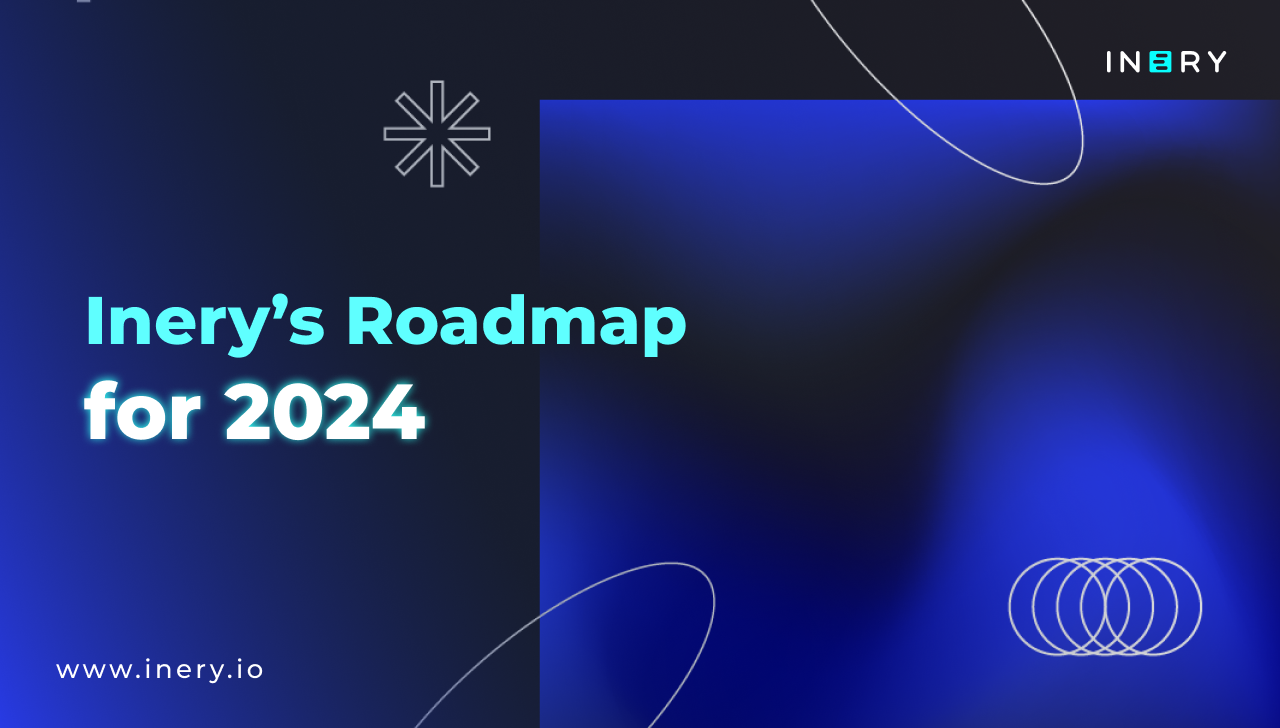
Share

Inery•
1 year ago
Building a Decentralized Future: The Power Of Community In Web3
Community involvement is key to Web3 project success. It fosters adoption, creativity, and more. Discover the impact of community on Web3 initiatives. ...READ MORE
-1674049935.png)
Share

Inery•
2 years ago
Data Decentralization in Healthcare: Improved Patient Care Opportunities
A purpose-built decentralized data solution for the healthcare sector to overcome its challenges. ...READ MORE
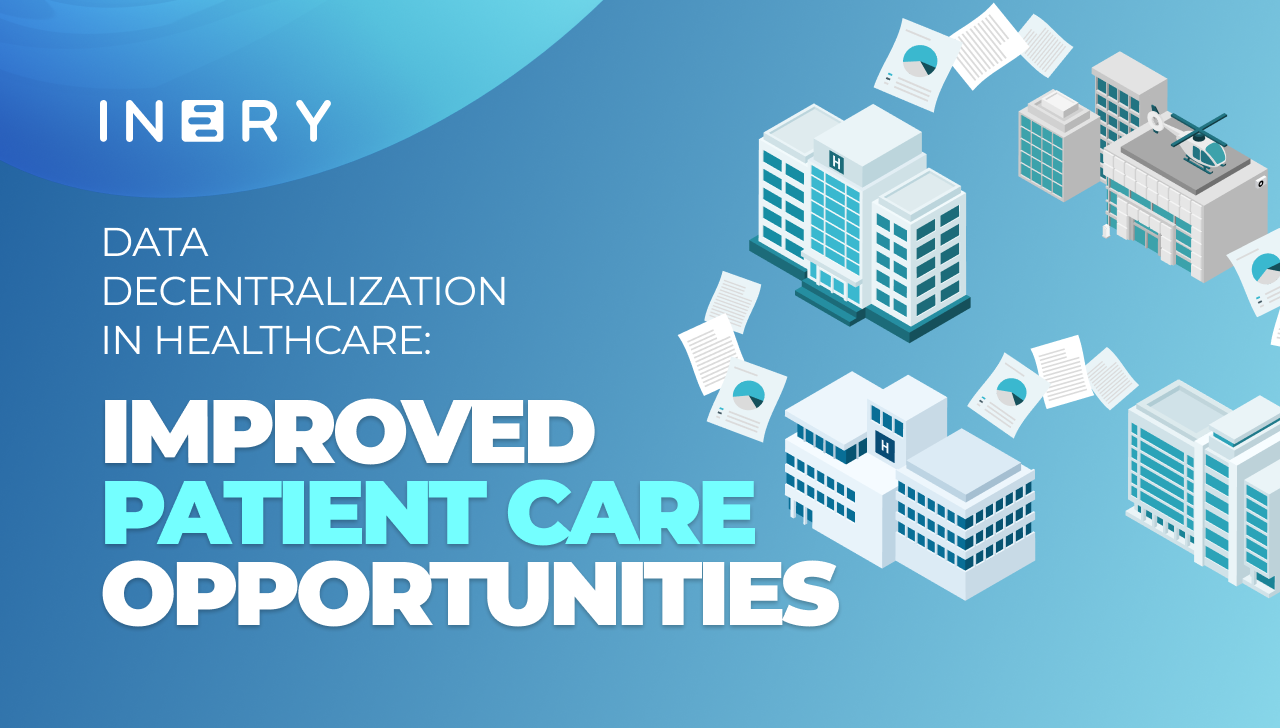
Share

Inery•
2 years ago
Data Centralization: Feeding the Devil in Web 2.0
The grave repercussions when our data is controlled by a handful of entities ...READ MORE
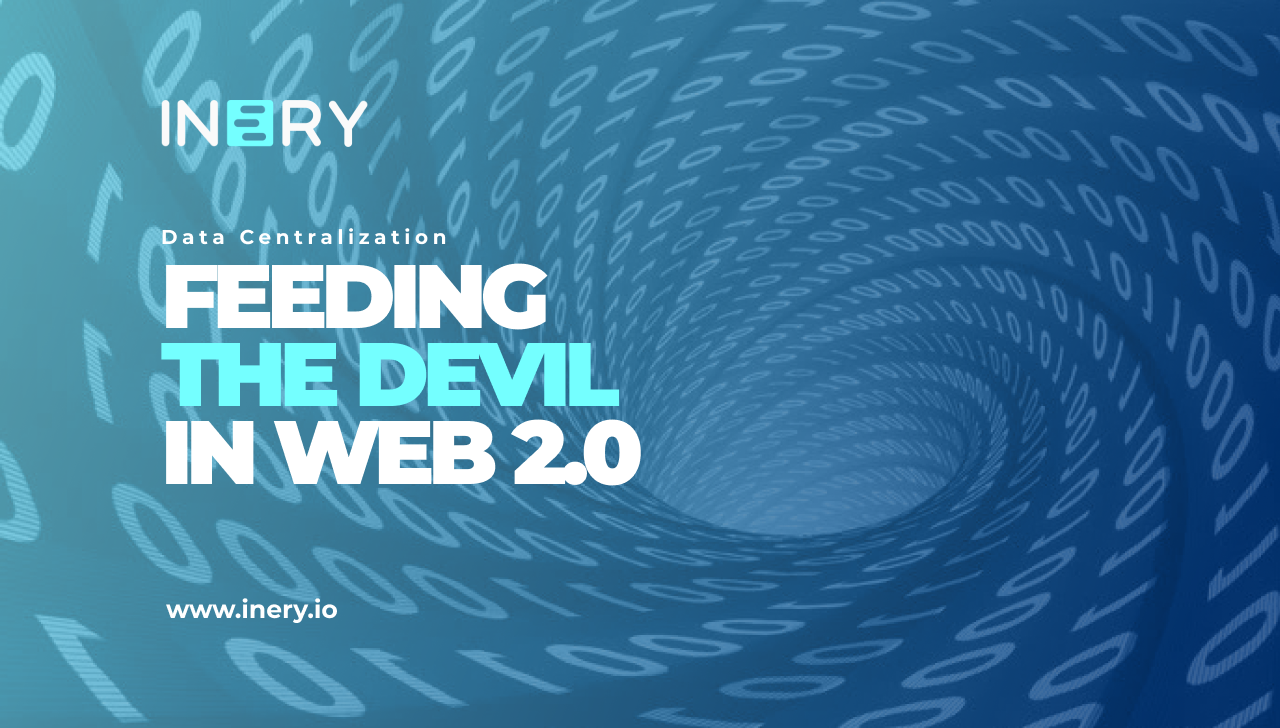
Share
Most popular today

